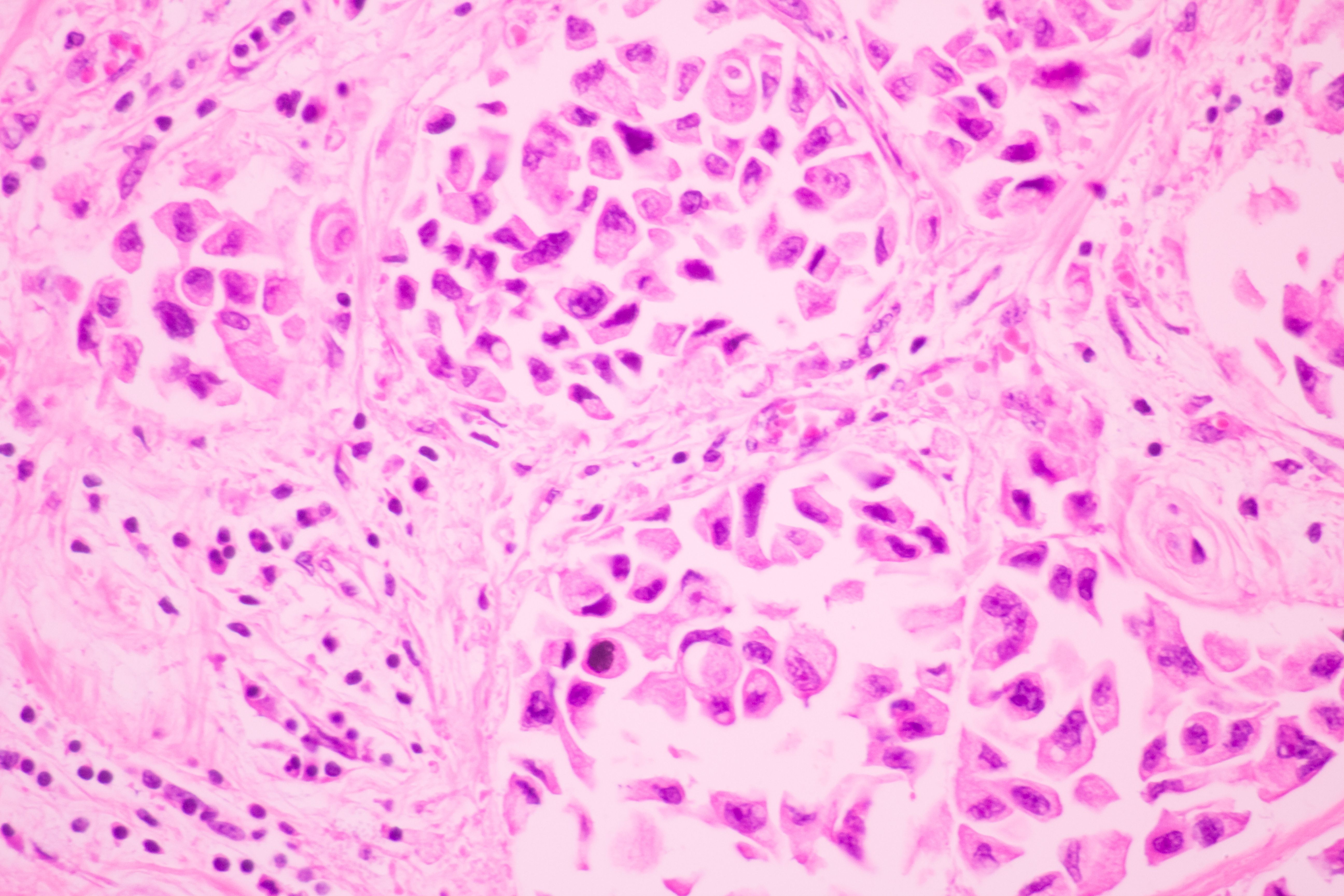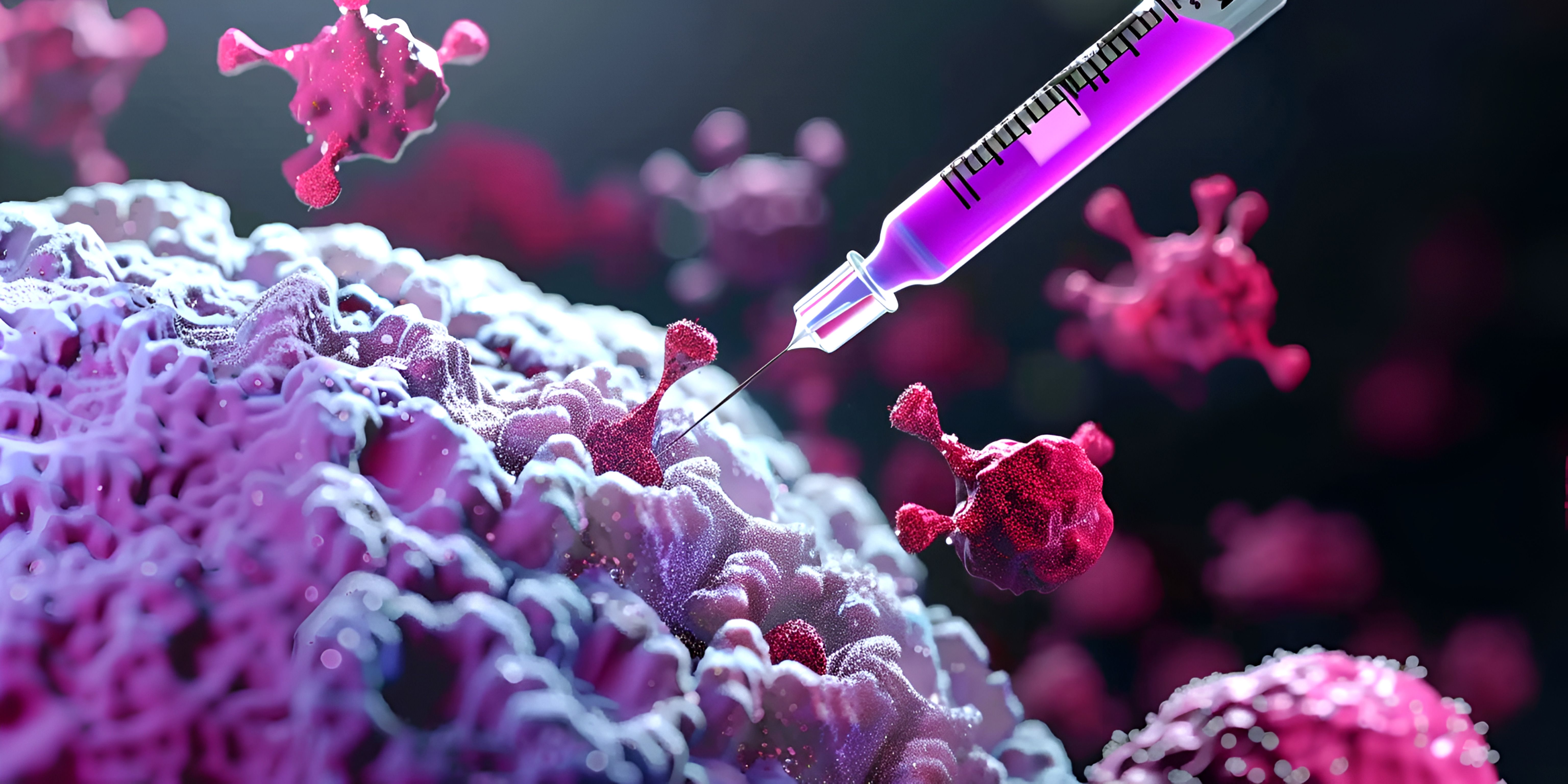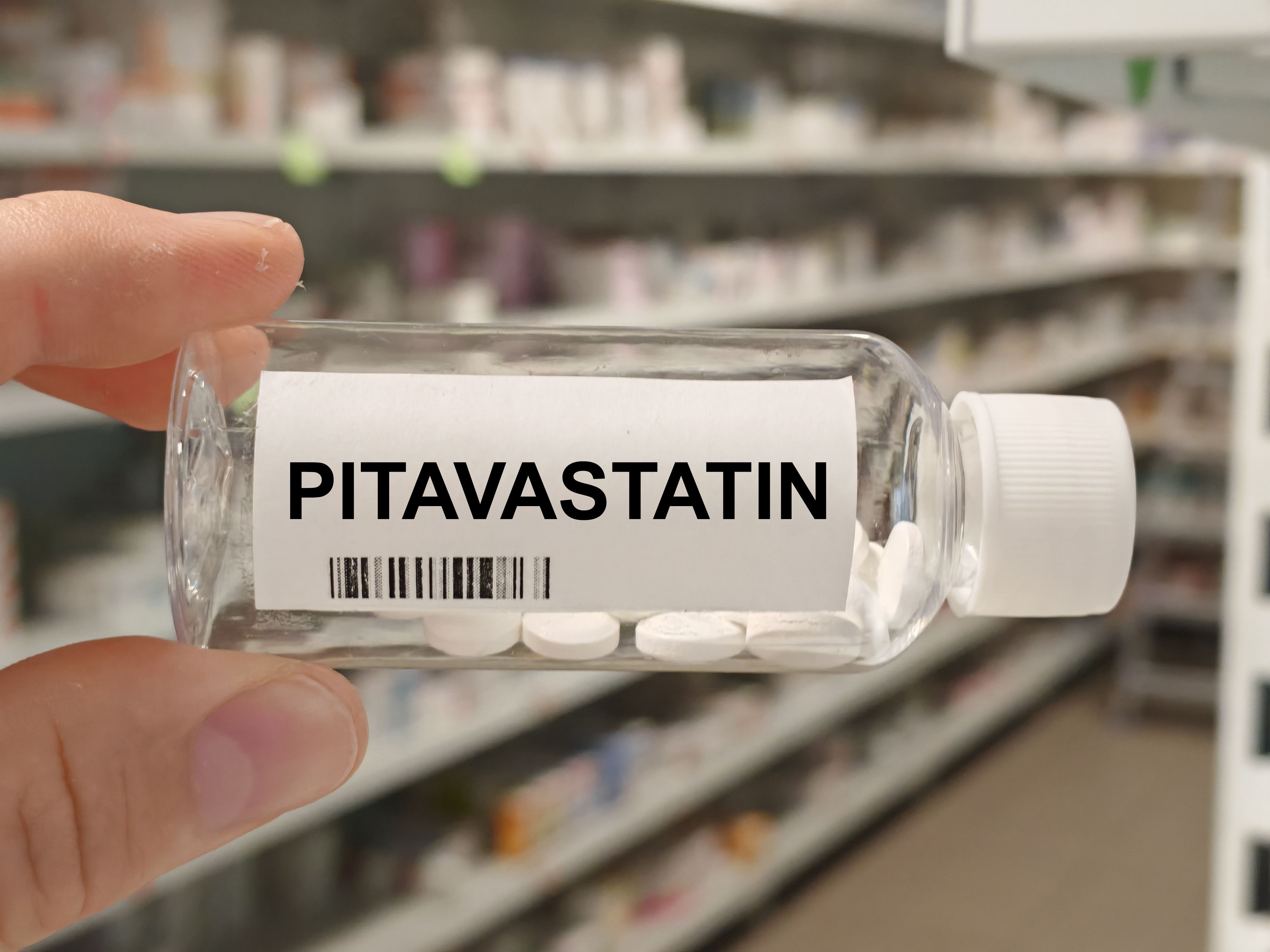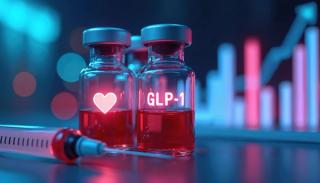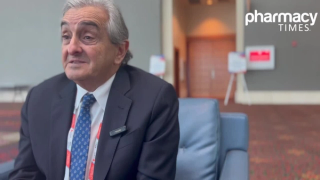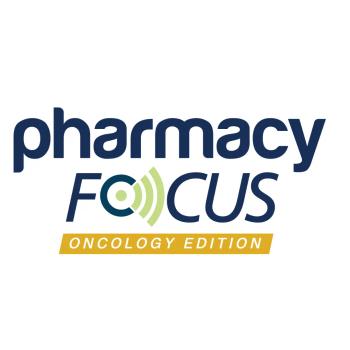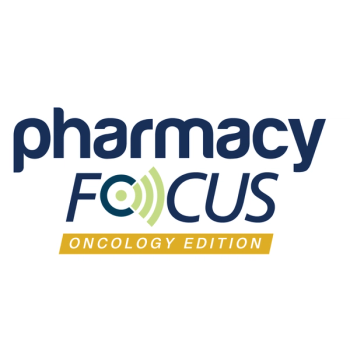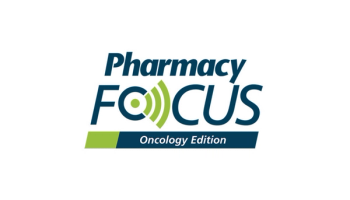
Breast Cancer
Latest News
Latest Videos

Podcasts
CME Content
More News

New research links ultra-processed foods, especially processed meats, to higher breast cancer mortality among Black women, highlighting dietary changes for better outcomes.
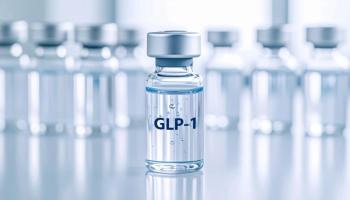
Discover how GLP-1 receptor agonists may benefit breast cancer patients by promoting weight loss and improving long-term health outcomes.

Kelly Gable, professor and director of well-being and resilience at Southern Illinois University Edwardsville School of Pharmacy, discusses her own cancer journey and how pharmacists need to be more involved and proactive in patients' mental health.

Project Optimus transforms cancer treatment by optimizing dosing strategies, enhancing efficacy, and reducing toxicities in modern therapies.

New research uncovers diverse tumor subgroups in triple-negative breast cancer, paving the way for personalized treatment strategies and improved patient outcomes.

New studies reveal a modest, temporary increase in breast cancer risk linked to hormonal contraceptives, emphasizing the need for informed patient counseling.

New findings suggest omitting radiation therapy in postmastectomy breast cancer treatment enhances survival, emphasizing the role of systemic therapies.
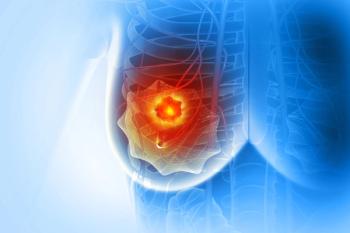
Researchers explore HER3-targeted therapy with patritumab deruxtecan to enhance outcomes in early-stage triple-negative breast cancer, reducing chemotherapy side effects.

New strategies target dormant tumor cells in breast cancer, offering hope for preventing recurrence and transforming patient management.

Three targeted inhibitors offer new strategies for HR-positive, HER2-negative breast cancer with PIK3CA mutations.

Research reveals that statins and metformin enhance survival rates in early-stage triple-negative breast cancer, offering hope for affordable treatment options.
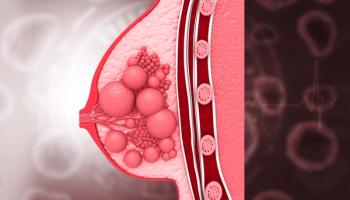
Invasive lobular carcinoma poses unique detection and treatment challenges, highlighting the urgent need for targeted research and improved survival strategies.

Datopotamab deruxtecan shows promise as a first-line treatment for metastatic triple-negative breast cancer, improving survival in nonimmunotherapy candidates.
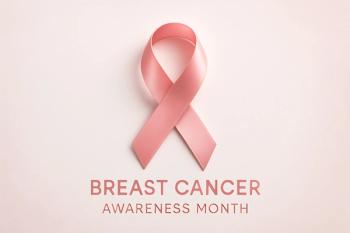
Pharmacists play a vital role in Breast Cancer Awareness Month, enhancing screening access and patient support through education and community engagement.
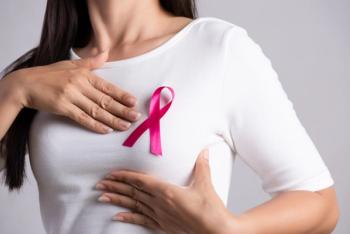
New clinical trial results reveal that giredestrant combined with everolimus significantly enhances progression-free survival in patients with advanced ER-positive breast cancer.

Breast cancer survivors face a small but significant risk of developing secondary cancers, influenced by age, treatment, and lifestyle factors.

Plasma proteomics revolutionizes treatment for triple-negative breast cancer, offering predictive insights and new therapeutic strategies through the innovative PIPscore.

By targeting 2 chromatin complexes that jointly sustain ER‑driven transcription, this combination achieves superior suppression of tumor growth and gene expression.

Abemaciclib significantly enhances overall survival in high-risk HR+, HER2- early breast cancer, establishing a new standard of care.

Oral selective estrogen receptor degraders (SERDs) are a promising line of treatments for patients with breast cancer.

Researchers have identified suppression of the JNK pathway, particularly loss of MAP2K7, as a key driver of resistance to endocrine therapy plus CDK4/6 inhibitors in ER+ breast cancer.
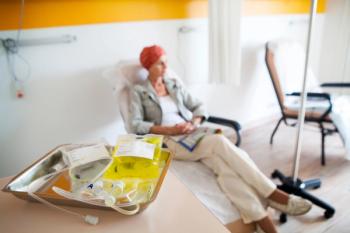
The ASTER 70s trial found that adjuvant chemotherapy provided no significant survival benefit, but caused substantial toxicity in older women with high-risk HR-positive, HER2-negative breast cancer.

New research highlights abemaciclib and ribociclib as promising treatments for early HR-positive, HER2-negative breast cancer, emphasizing survival benefits and adverse effects.

Natural compounds like Prunus armeniaca and bee venom enhance breast cancer treatment, boosting efficacy and reducing adverse effects.
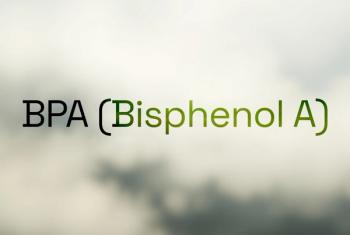
BPA exposure accelerates ER+ breast cancer growth, impacting treatment efficacy and altering the pharmacist's role in therapy administration.


